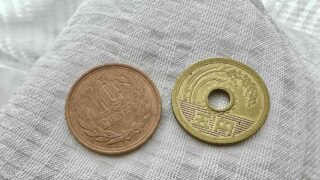Receiving a recall notice for your beloved car can be a frustrating and worrisome experience. However, it is crucial to respond promptly to ensure your safety and the safety of others on the road. If your car is subject to a recall in Japan, here are the steps you should take:
1. Review the Recall Notice
When a recall is issued, car manufacturers or dealerships will send out a notice detailing the nature of the recall, the affected vehicle models, the reasons for the necessary repairs, and instructions on how to proceed with the repair process. Make sure to carefully review this information.
Note: If you have recently moved and your address has changed, you may not receive the recall notice. In this case, you will need to proactively check if your car is affected.
2. Confirm If Your Car Is Affected
To determine if your car is part of the recall, you will need to know your vehicle’s model, production date, type, and chassis number. This information can be found on your car’s registration document (shaken-sho), so have it handy.
There are two main ways to check if your car is affected by the recall:
- Visit the manufacturer’s website: Most Japanese car manufacturers have dedicated recall information pages on their websites. Simply enter your car’s details to check if it is part of the recall.
- Check the Ministry of Land, Infrastructure, Transport and Tourism (MLIT) website: The MLIT also maintains a database of recall information. However, the website can be difficult to navigate, so checking the manufacturer’s website is generally recommended.
3. Schedule a Repair Appointment
If your car is confirmed to be part of the recall, contact your dealership to schedule a repair appointment. Recall repairs are carried out free of charge, so you don’t need to worry about any costs.
4. Arrange Alternative Transportation
Depending on the nature of the recall, you may be without your car for some time while it is being repaired. Consider alternative transportation options in advance. Some dealerships may offer courtesy cars during the repair period, so be sure to inquire about this possibility.
5. Act Promptly for Your Safety
Recalls are issued to address safety concerns, so it is important to respond as quickly as possible. Delaying the necessary repairs can put yourself and others at risk. Even if your car seems to be operating normally, don’t ignore the recall notice.
By following these steps, you can ensure that you respond appropriately if your car is subject to a recall in Japan. Remember, your safety and the safety of others should always be the top priority.




















